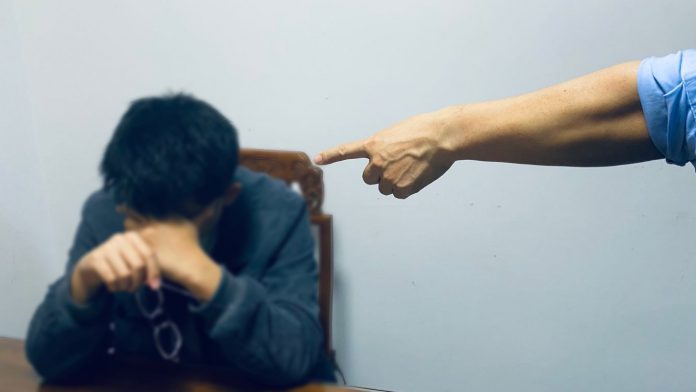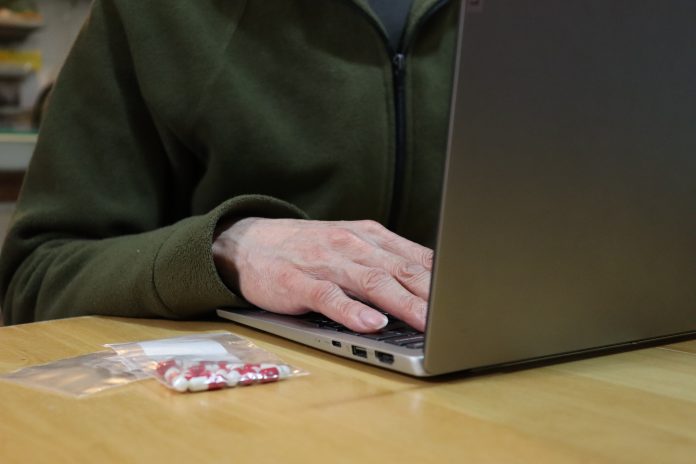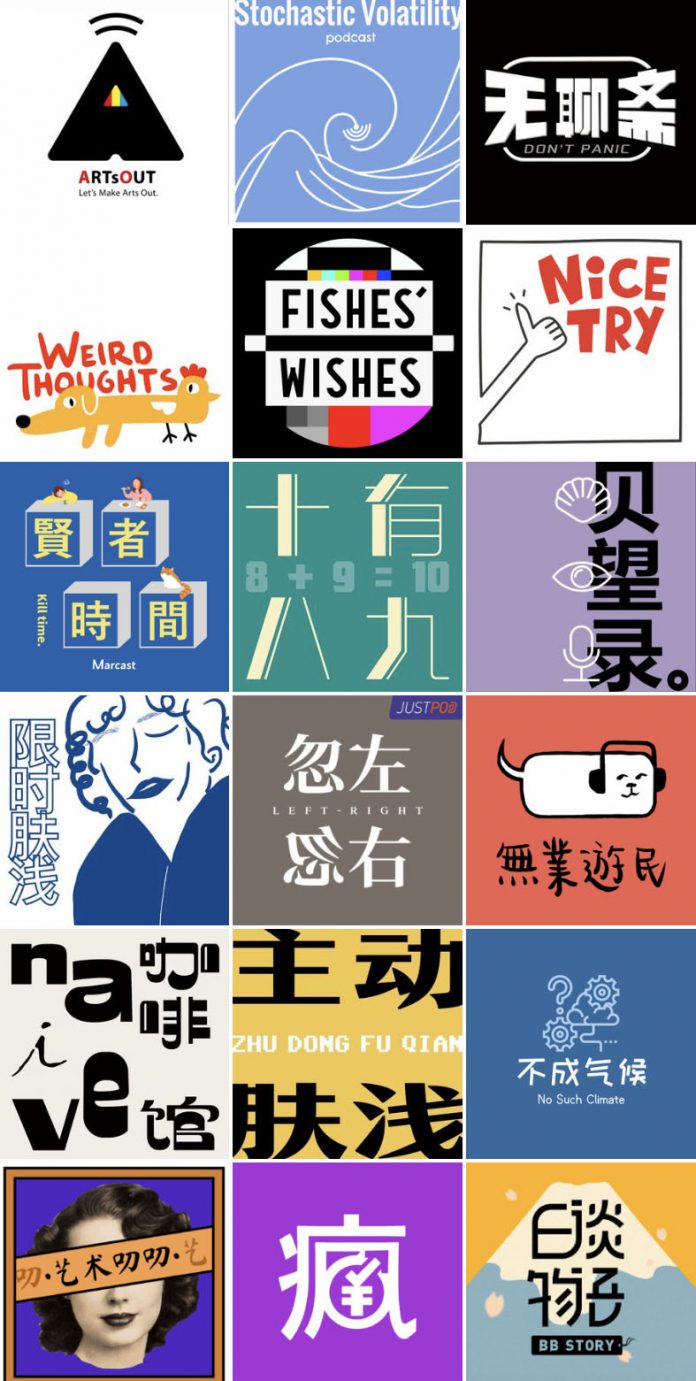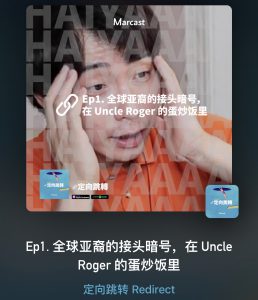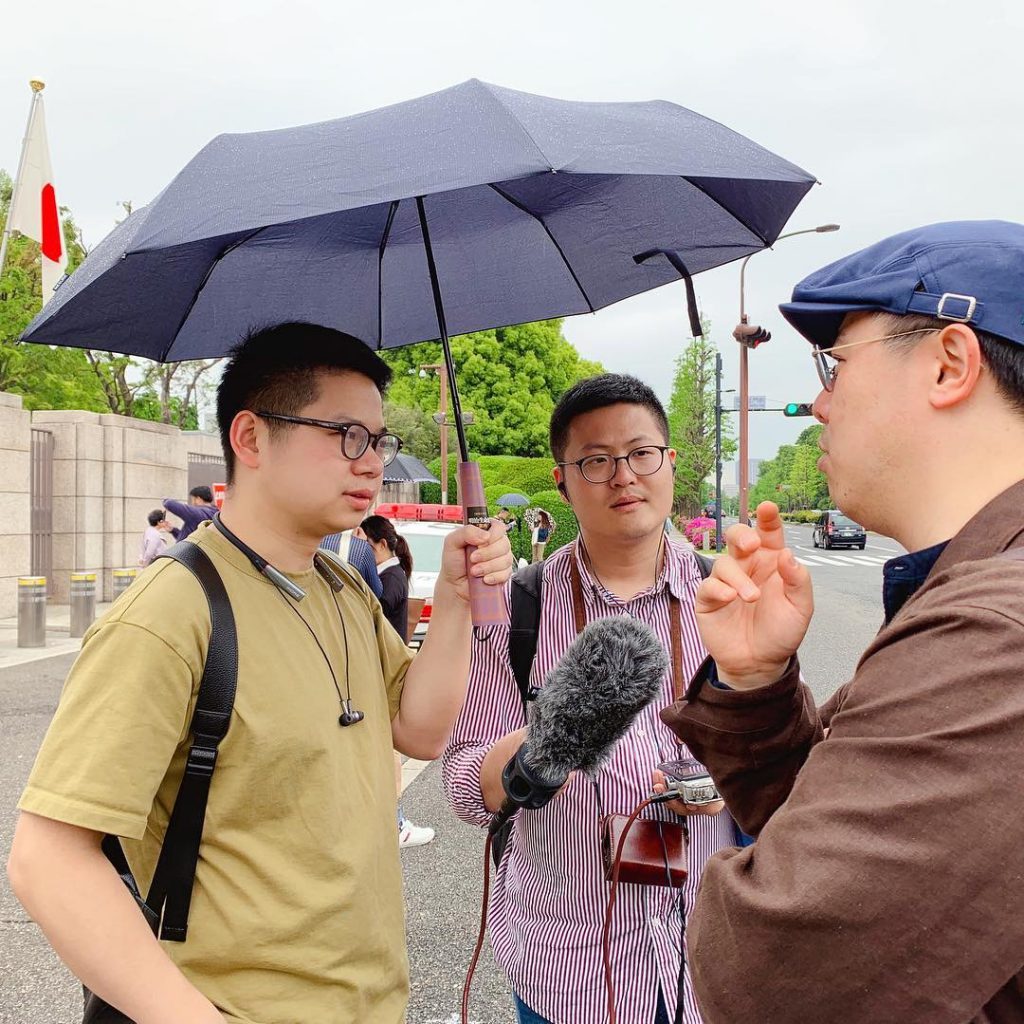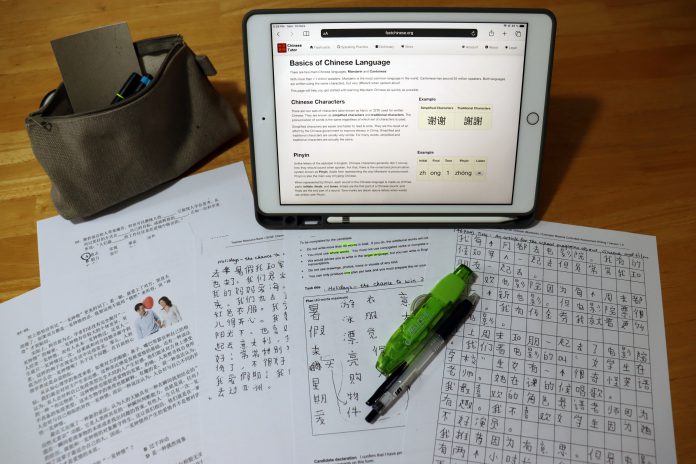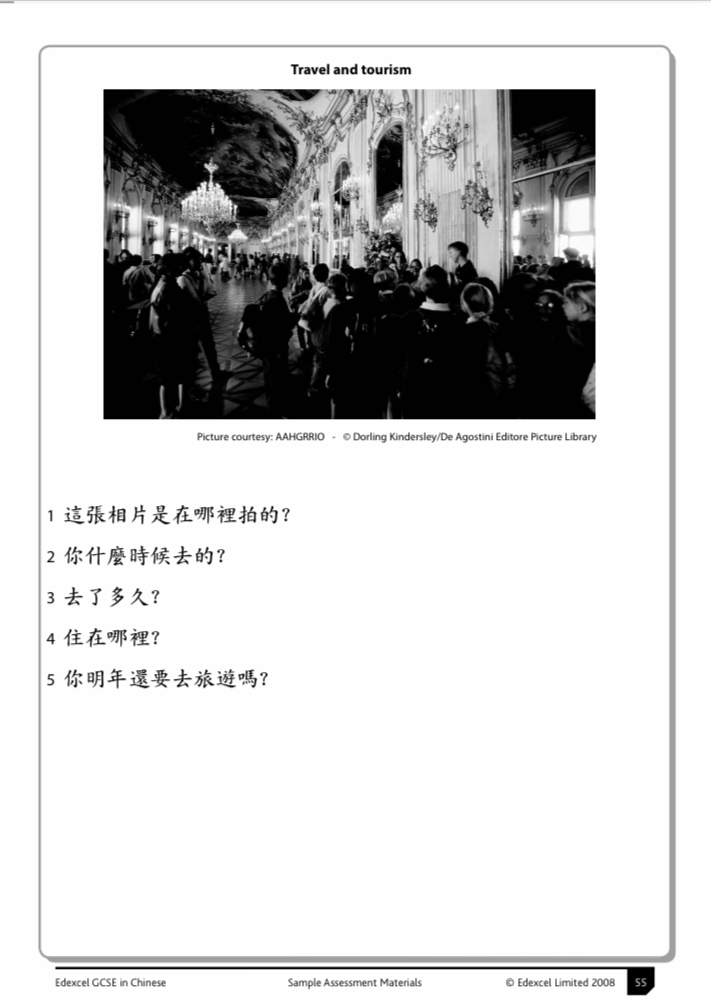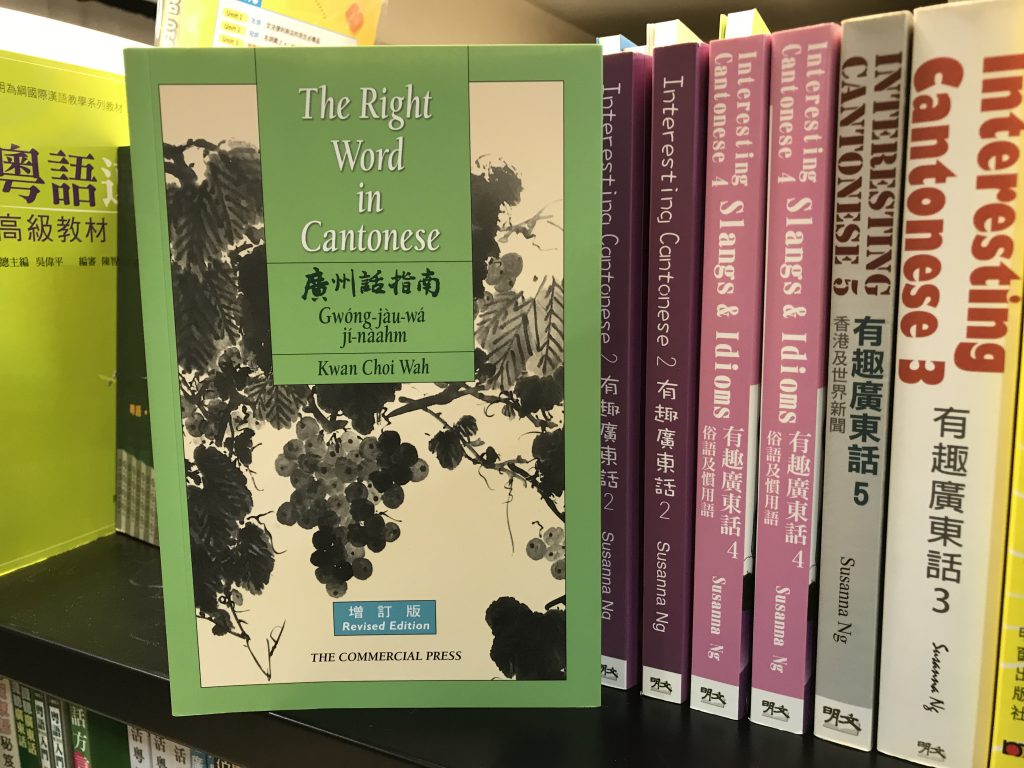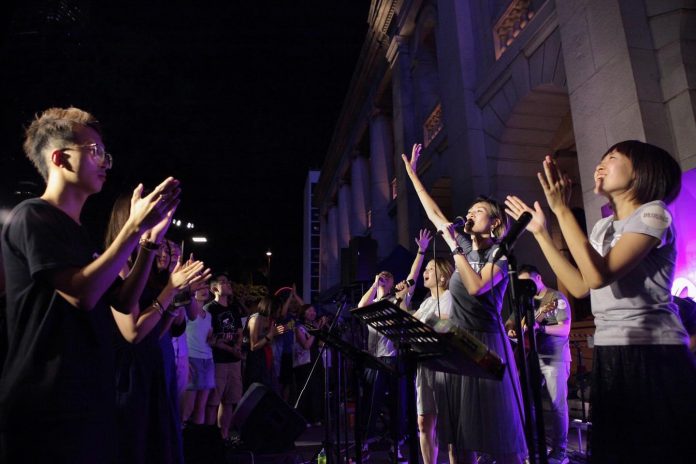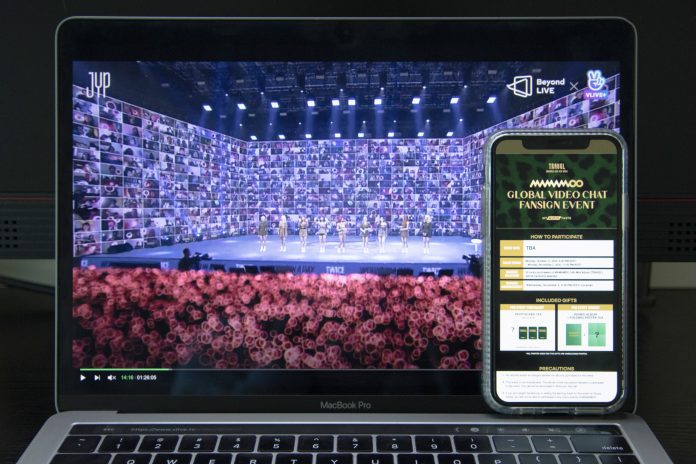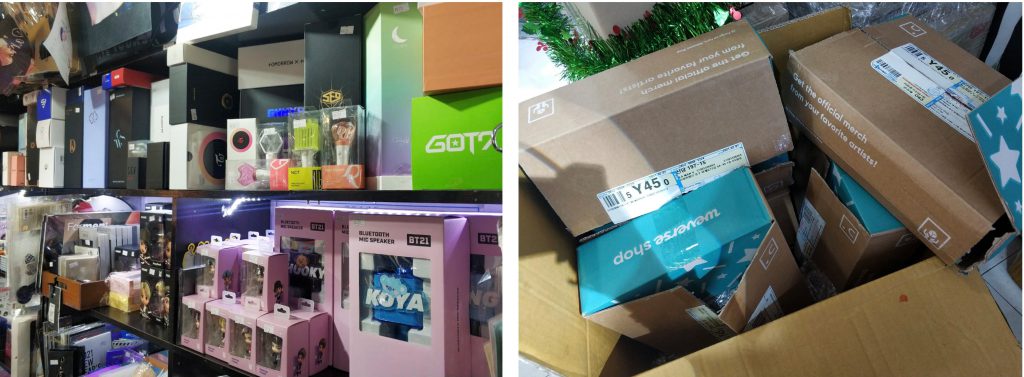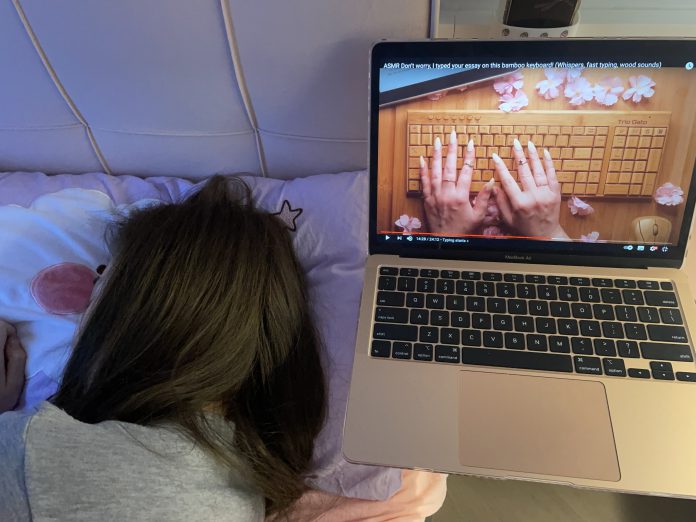Young gays in China are struggling whether to tell their parents the truth…
By Jack Deng in Shenzhen
Ivan Chen*’s father threatened to cut ties with him when he talked with the family about homosexuals.
“If I know that you are having any connection with these people (homosexuals), I am going to break your legs and will never recognise you as my son,” Chen recalled what his father told him in 2014.
That was his father’s reaction when Chen tried to test his parents’ attitude towards homosexuals when he was a secondary school student.
The current year three university student who lives in Shenzhen realised he was gay when he was a boy.
He finally decided to come out to his parents in 2018 when he was 17. His parents could not accept it.
“After I told them that I am gay, my dad left home quietly for a while, as he could not believe what I told him,” Chen says.
Chen’s mother believes that being gay is a kind of mental illness, which is against the law of nature and can be cured.
“Every day she keeps asking me when I will find a girlfriend. She pretends that I am straight,” Chen says.
Chen’s parents think the continuity of their bloodline is the most important for the family.
“I understand my parents’ thoughts but it is uncomfortable for me to live in a family that doesn’t accept me as I am,” Chen says.
The Only Child
Unlike Chen, Austin Gong* chooses not to tell his parents that he is gay.
Gong is currently studying at Shandong University. As the only child in his family, his parents are urging him to get married and have a child after graduation.
The Chinese government introduced One-Child Policy in 1978. Under the policy, married couples could only have one child. Having a gay child in a family means the end of their family bloodline.
The government relaxed the policy in 2016 and married couples now can have two children.
Gong once overheard a conversation between his father and his father’s friends. Gong’s father said to his friends that he would wait for Gong to have a child rather than having another child himself.
Knowing his father’s thoughts, Gong decided to keep his homosexuality a secret.
“I have no confidence in my parents. They will not accept that I am gay. They cannot understand what is happening,” Gong says.
Gong is afraid of making his parents feel sad and disappointed. He thinks telling his parents his sexual orientation will only cause trouble. His solution is to bury his head in the sand just like an ostrich.
“The conservative views of older generations are the biggest barrier in communication. My parents might be afraid of people gossiping about me,” Gong says.
“I do not think same-sex marriage will be legalised in Mainland China. I probably will not tell my parents that I am gay forever. I can say that I am a DINK (Double-Income-No-Kids, couples who both have salaries but do not want children) to explain why I do not want to have babies,” Gong adds.

Hesitation
Facing an equally difficult situation, Justin Zhang*, a gay student who is studying at Wuhan University, has a practical concern.
Zhang hesitates to come out to his parents due to his fear of losing their financial support.
“I can’t live on my own, so I have to get along with my parents well,” Zhang says.
Many times, Zhang’s father has asked him “When will you find a girlfriend?” publicly during family gatherings. This makes him speechless.
“I feel helpless when hearing what he says. I have no idea what reaction I should have. So I pretend that I do not hear him,” he says.
Zhang says that he is still finding a proper way to tell his parents that he is gay. He is not afraid of dealing with troubles or communicating with the older generation.
“I would like to tell them that only if I can live the way I want, I will be happy,” he says.
Keep Moving Forward
“It definitely takes time for the elderly to look at the gay community from a new angle, no matter they are parents from China or foreign countries.”
Ying Xin, executive director of Beijing LGBT Centre and a visiting scholar of Human Rights Advocate Programme (HRAP), School of International and Public Affairs at Columbia University, points out that it takes time for parents to accept the gay community.
“It definitely takes time for the elderly to look at the gay community from a new angle, no matter they are parents from China or foreign countries,” Xin says.
Xin acknowledges the influence of the One-Child Policy on the gay community.
“Many Chinese parents are eager to have grandchildren, and this puts pressure on their gay children. To seek a more liberal atmosphere and escape from their parents, these young people will move to big cities like Beijing or Shanghai. But that might make their parents feel even more worried. It is a vicious cycle,” Xin says.
Xin hopes that the public will accept the gay community, as the attitude of the Chinese government has become more positive.
“We can now see that discussions related to the homosexual group are happening in many areas such as policy, education, and culture. The cooperation opportunities of NGOs and enterprises are increasing. Our future path won’t be easy, but we will keep moving forward,” she says.
*Name changed at interviewee’s request/to protect the interviewee.
Edited by Charleen Chen
Sub-edited by Laurissa Liu





































